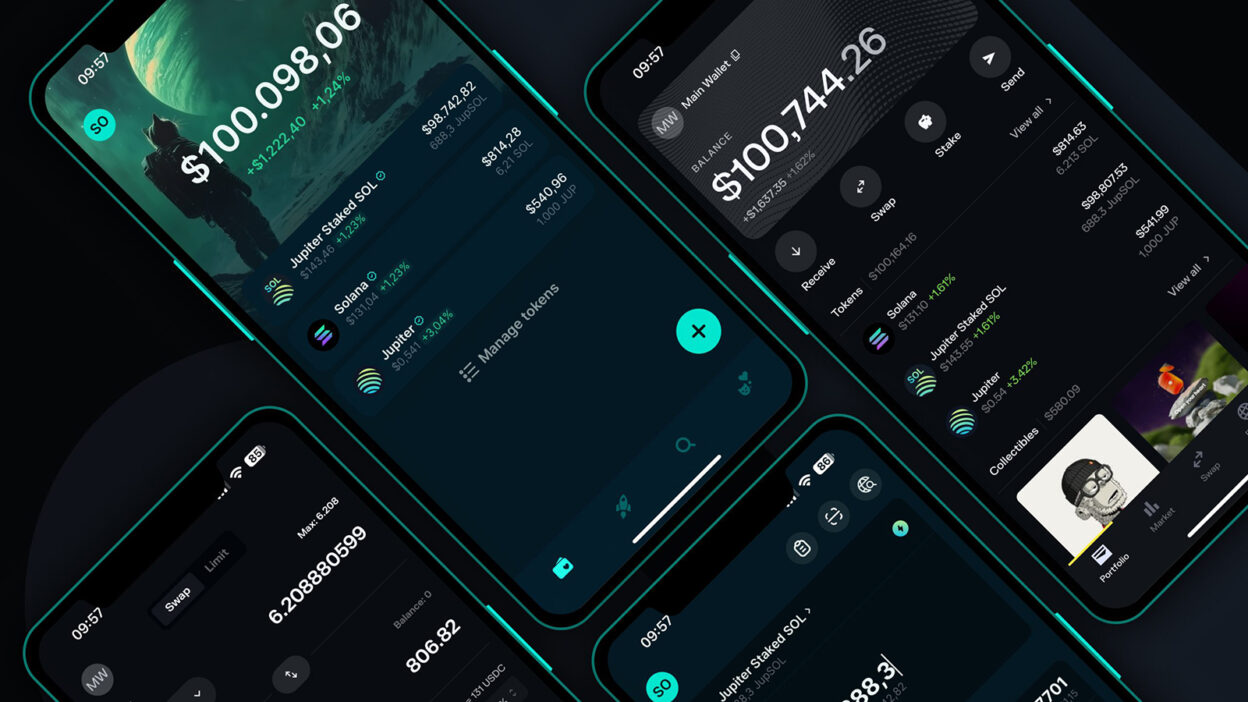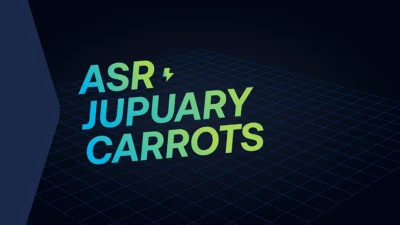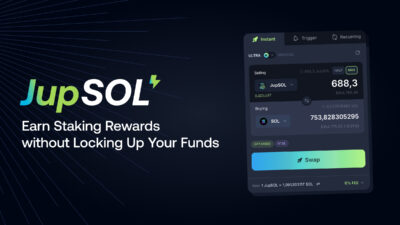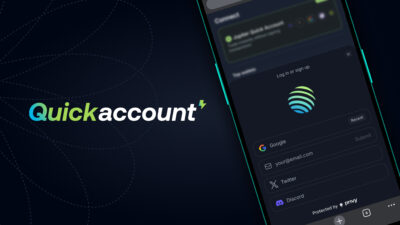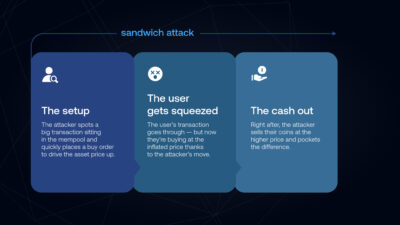If you want to start using Jupiter, the leading DEX on the Solana blockchain, the first step is to connect a wallet.
In this article, we’ll walk you through everything you need to know:
✧ What a wallet is and how to use it with Jupiter
✧ The difference between non-custodial wallets and exchange wallets
✧ What actually happens to your tokens (hint: they’re not inside the wallet)
Why You Need a Wallet to Dive into Crypto
A wallet is a tool that lets you interact with the blockchain.
You need it to:
✧ See your token balances
✧ Send or receive tokens
✧ Sign transactions
✧ Connect to platforms like Jupiter
If you don’t have a wallet, you can’t access DeFi on Solana.
But with a wallet, you can dive into the ecosystem.
For Solana, the most popular wallets are:

Jupiter mobile – 10x better trading, Portfolio, Wallet, and more.
Available on mobile IOS/Android.

Solflare – built specifically for Solana.
A great option if you’re sticking to the Solana ecosystem.

Phantom – easy to use, available on mobile and as a browser extension. Also supports other blockchains.
Connecting your wallet to Jupiter is simple:
✧ Go to Jupiter Exchange
✧ Click “Connect Wallet”
✧ Choose your preferred wallet
✧ Approve the connection
That’s it — you’re ready to start swapping on Jupiter.
The difference between non-custodial wallets and exchange wallets
When you create a new wallet, you’ll receive a seed phrase—a random set of 12 or 24 words. This phrase acts as your private key, giving you access to your address on the blockchain.
What’s the seed phrase for?
- It allows you to recover your wallet if you change devices or delete the app
- You can import your wallet into another compatible app (like moving from Solflare to Jupiter mobile)
📌 Important: The seed phrase is only used during setup or if you need to recover your wallet. For daily access, you’ll just use a password you create, or Face ID / fingerprint on mobile.
Seed = backup key
Password = your day-to-day login
Non-custodial wallets vs. exchange wallets (CEX)
With non-custodial wallets like Jupiter Mobile or Solflare:
- You have full control of your funds
- No one else can access your private key
- You can connect directly to DeFi apps like Jupiter
- Your access is secured by a local password or biometric login, but only you know the seed phrase
With custodial wallets (wallets on centralized exchanges like Binance or Coinbase):
- You don’t control the seed phrase
- The exchange holds your private keys
- You log in using email, password, and 2FA
- You can’t directly interact with DeFi apps like Jupiter
Your tokens are not “inside” the wallet
Here’s something many people get confused about:
“If I uninstall Phantom, do I lose all my tokens?”
No — and here’s why.
Wallets like Phantom, Solflare, or JUP Mobile don’t actually store your tokens.
Your tokens are on the Solana blockchain, tied to your public address.
The wallet is just a tool to:
- Read your balance
- Display your tokens,
- Let you sign transactions.
📌 Important: As long as you have your seed phrase, you can recover your tokens anytime — even from a different wallet app.
What this means in practice:
- If you delete Jupier Mobile, you can reinstall it and recover everything with your seed
- You can switch from Phantom to Jupiter Mobile (or vice versa) without losing anything
- If someone else gets your seed phrase, they can access and move your funds
Quick Tips
1️⃣ Write down your seed phrase and keep it in a safe place (offline). Don’t screenshot it or store it in the cloud.
2️⃣ Never share your seed phrase with anyone. Not even with “support” people in Discord, Telegram, or DMs.
3️⃣ You can change wallets anytime. Your tokens stay tied to your address on the blockchain — not to the app you’re using.

